What is published here is for November 17, 2021 presentation at the Open Publishing Fest where I and other colleagues will talk conversationally about the TRU Writer SPLOT as an open publishing tool. Will it ever clarify the meaning of “SPLOT“? Likely not, but still, it makes most sense to publish not slide decks but to use this instance of TRU Writer to publish about itself.
It Goes SPLOT! TRU Writer as an open, shared, privacy respecting Writing Space will be streamed live (and archived at)
An Abstract Abstract…
One in a collection of nebulously abbreviated Simplest Possible Online Learning Tools (SPLOT), the TRU Writer (https://github.com/cogdog/truwriter) is a flexible and versatile platform for creating a space for students, guests, anonymous visitors to compose rich media content. As a WordPress child theme, it provides all of the publishing capability of WordPress without requiring a log-in or access to the WordPress interface. It’s interface offers options for managing access and capability, plus a simple way to customize the form for collecting responses.
I have used it as pseudo journal where each year students post final reports– see http://journal.arganee.world/ Others have used it as a place for students to submit assignments (https://biol420.opened.ca/) , a conference proposal system (http://conf.owlteh.org/contributions/), an open space for contributions to the #femedtech community (http://femedtech.net/), and a space for sharing stories of facing the pandemic (https://livetogether.openlcc.net/covid19stories/).
I will share examples but more than that, will do a live demo and show how these sites are easily customized to purposes I can’t even imagine.
Guests
I have invited colleagues that have both helped shape the initial creation of TRU Writer as well as ones that have put it to use in variety of contexts.
- Alan Levine (Open Education Global) — host and responsible/blame for this session https://cog.dog
- Brian Lamb (Thompson Rivers University) — to credit for coining the word SPLOT and enabling the fellowship under which it was created http://abject.ca/
- Ken Simpson (retired, Thompson Rivers University) – faculty who’s need for simpler publishing of student essays inspired TRU Writer
- Tannis Morgan (Vancouver Community College) – has used for projects and encourage others to take it up https://homonym.ca/
- Grant Potter (University of Northern British Columbia) – supported many UNBC faculty in use of TRU Writer https://networkeffects.ca/
- Daniel Villar-Onrubia (Coventry University) – made use of TRU Writer in several unique ways that led to additional features, functionality, https://daniel.coventry.domains/
What the ______ is a SPLOT?
There is a complete [Quasi] Official SPLOT Origin Story out there, but in brief, this idea was spawned by Brian Lamb in October 2014 at the start of Alan Levine’s 4 month Open Learning Fellowship at Thompson Rivers University.
Early on we identified two core challenges in getting people to get onto the open web. The perceived difficulty (and lack of support) of open web environments, and privacy concerns.
The first challenge pushed us to think about simple, single purpose tools in lieu of more complex toolsets. As much as we value what we can do with WordPress, for maybe a single student assignment or to collect images, is it necessary to have people log in and face the full Dashboard interface? Secondly, to address concerns of privacy and protecting student information, we speculated the idea of publishing tools that leave the identity of authors to be their own choice, and to build tools that could be used without requiring accounts and logins.
See also:
- SPLOT main site
- What the SPLOT is That? (Reclaim Hosting Workshop, 2018)
- What the SPLOT is That? (same title, a PressEdConf twitter based presentation, 2018)
- SPLOTS! Creating simple, collaborative WordPress sites for your teaching (BCcampus Webinar)
The TRU Writer
The SPLOT we are focusing on here, TRU Writer, was the first one developed (hence we name it after Thompson Rivers University). The idea for it came partly from TRU professor Ken Simpson, who was teaching English courses where students composed and published two essays in a shared WordPress site. It seemed like the steps of creating student accounts and then having to teach them the WordPress interface was much to ask for two writing assignments.
Thus the experiment was to create a WordPress child theme that would provide all the functionality for uses to write content from a site editor and benefit from all of the rich publishing features of WordPress:
TRU Writer offers a simple but elegant web publishing platform that lets visitors quickly publish full formatted and media rich articles, essays, papers — without requiring any logins or tracking of personal information.
Published written works are presented in a style similar to that at Medium.com, clean text, wide margins, all in a format that looks just as good on a mobile phone as it does on a large screen monitor.
The design of the site is inherited from the free Radcliffe Theme by Anders Noren, chosen for it’s clean layout, and page publishing display. The TRU Writer theme available from http://github.com/cogdog/truwriter, includes options for a site owner to make a public site where anything submitted is saved as a draft, or a site where the writing form requires an access code, but then anything submitted is instantly published. The former enables it to be used for a simple journal publishing site or as a means to collect submissions for a conference.
Rather than trying to over explain it, you can experiment freely with the writing features here on this site (where this content is being written right now).
In the time since the first versions, features have been added based largely on requests and needs from users. Often, as open source projects go, people put your work in ways and contexts never imagined.
We can certainly talk about the techy details during this session, but this is more meant to share and talk about the ways TRU Writer has been put to use since 2014.
Selected Examples of TRU Writer in Action
I do aim to keep an updated list of examples where TRU Writer is used (mainly found by searching on a unique phrases included in the footer). The ones below are a subset and also reflect the work of the guests I have invited to be part of this session.
The Arganee Journal (course final projects written up as journal Articles)
Each year for the Networked Narratives course at Kean University (and one semester for a graduate MA thesis course) students submit their final projects published in a journal format. Writers make use of hyperlinks, embedded media to create media rich narratives.
Other journal like uses include a prototype for the Small Cities Journal and the TRU Undergraduate Research Journal as well as the UDG Agora Comparte for published versions of faculty development projects at the University of Guadalajara (in Spanish). Also see media articles written by students in ENVS 3032: Environment, Media, and Society, a course offered by the Environmental Studies Program at the University of Colorado, Boulder.
Pandemic Whispers (anonymous writing)
Somewhat inspired by the Post Secret project this site makes use of the anonymity of TRU Writer for anyone to whisper or publish their innermost expressions of what they truly think of living through the pandemic.
See also Covid story collections lin Grinnellians in the Time of Coronavirus and COVID-19 And LCC: Our Story in Words , plus for anonymous stories, When I Needed Help (Wayback machine archive).
OER in Other Languages (resource collection building)
Tannis Morgan created this site as a way to build a community sourced collection of open educational resources that are produced in languages other than English:
The open education resource world is largely uni-directional in favour of English to other languages. The resources, time and skill required to localize and translate OER created in English for adaption and reuse into other languages is understated and raises important questions about whose knowledge is privileged.
The purpose of this site is to surface OERs created in other languages and to amplify those efforts.
Other examples of resource collections created with TRU Writer include the Community Performance Toolbox, ETUG Stories (Edtech and instructional design stories), iTeach for Charles Sturt University staff to share learning and teaching practices, Keene State College Teaching Stories, Refugee Learning Stories, Open Experiments in SDGs, OpenMed Project Works Showcase, and What Works: Remote Teaching and Learning at Kenyon College. The TRU Writer also makes for a elegant way to share a portfolio of published papers. Or for a course to collect stories of travel.
Conference Session Proposals (Learning on/with the Open Web conference, 2018)
As part of the site for this Mozilla Fringe conference, TRU Writer was used to collect session proposals, which then became the published program for the conference.
See also Student Interdisciplinary Education Festival (IDE) presentations for Camosun College School of Health & Human Services virtual conference. Also related are submissions for an “untextbook” on learning design.
#femedtech (Website built around guest contributions)
See also from Thompson Rivers University Travellers, a series of articles written by students about the experience of studying abroad. The Learning Parallelism project site represents a group project’s writing incorporated into a project site.
Biology Course Assignments/Essays (UNBC)
Examples from several Biology courses where TRU Writer is used for students to publish in the open assigned research papers.
Other course examples include EdTEch F20 (Thompson Rivers University), ENGL 1110 (one of first uses of TRU Writer, Thompson Rivers University, WayBack machine link), HIST 3010 (Thompson Rivers University), L21C Lawyering in the 21st Century, (Thompson Rivers University Law course), Research Methodology in Education (University of British Columbia), BIOL 1210 Salmon in the Tree (Thompson Rivers University), Sociology Field Reports (a field observation activity, Thompson Rivers University).
Using TRU Writer
You will need a self-hosted version of WordPress to use this theme (we highly recommend Reclaim Hosting) – as a custom theme it is not available on the free sites offered via WordPress.com. Full instructions for installing and configuring the options are available.
A resource for a session at the 2021 Open Publishing Fest https://openpublishingfest.org/
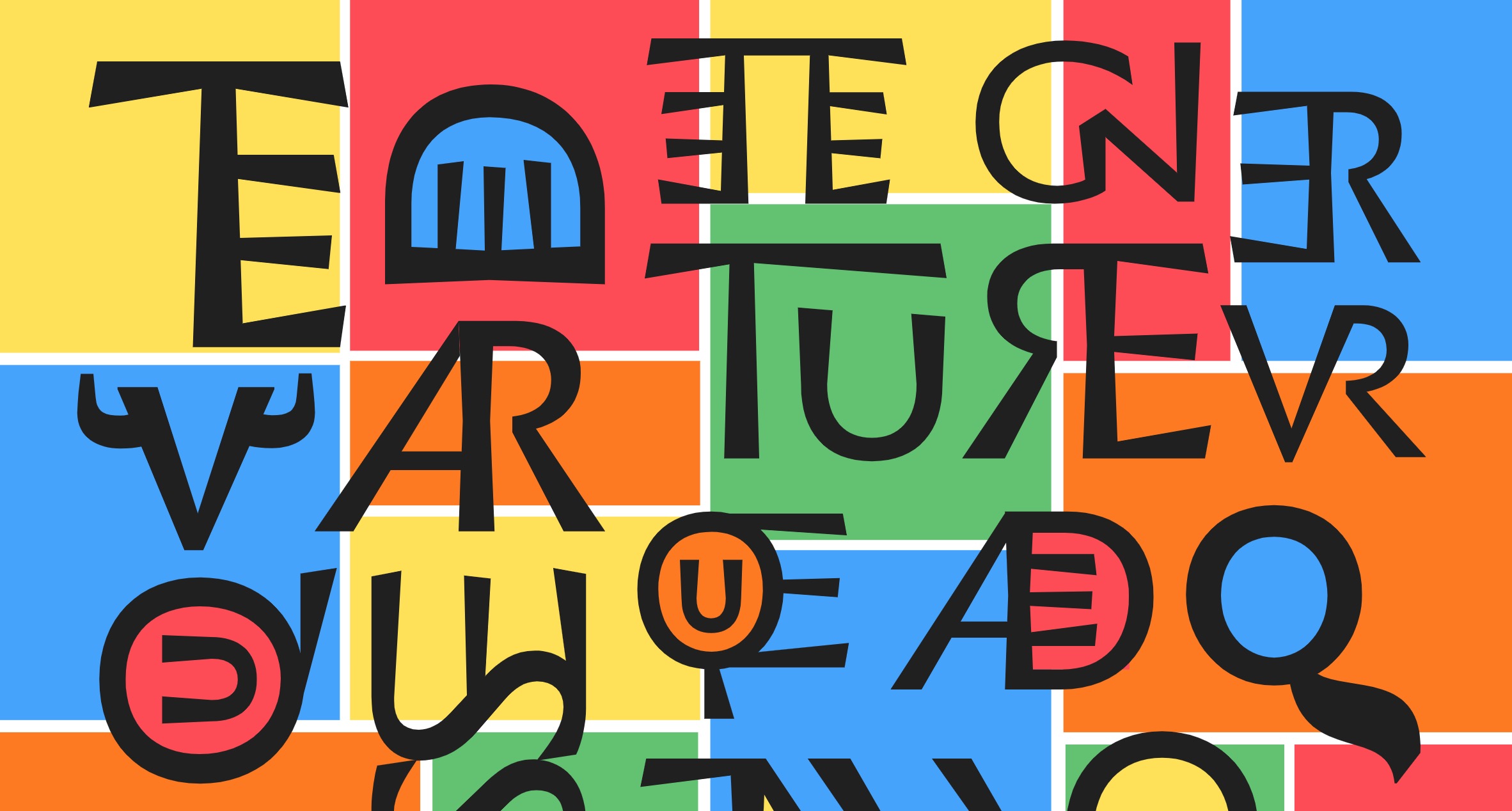
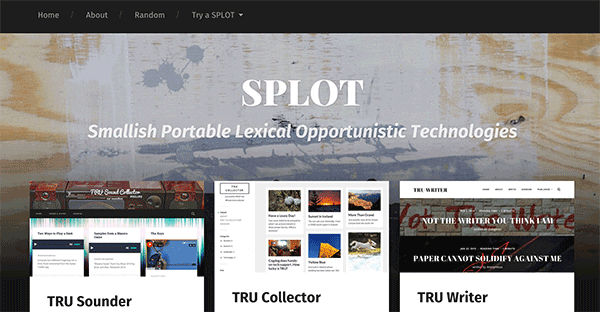
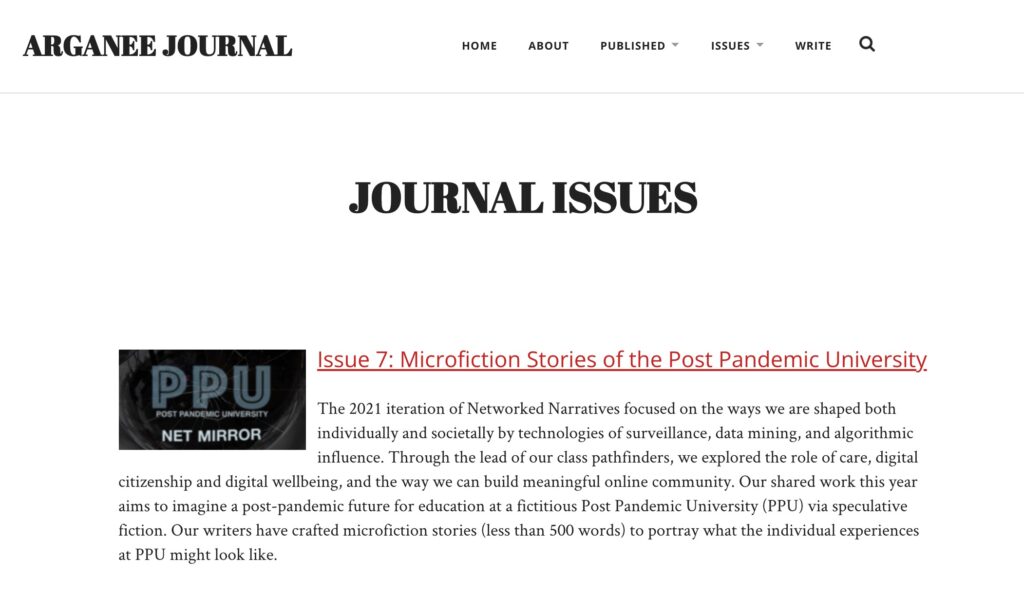
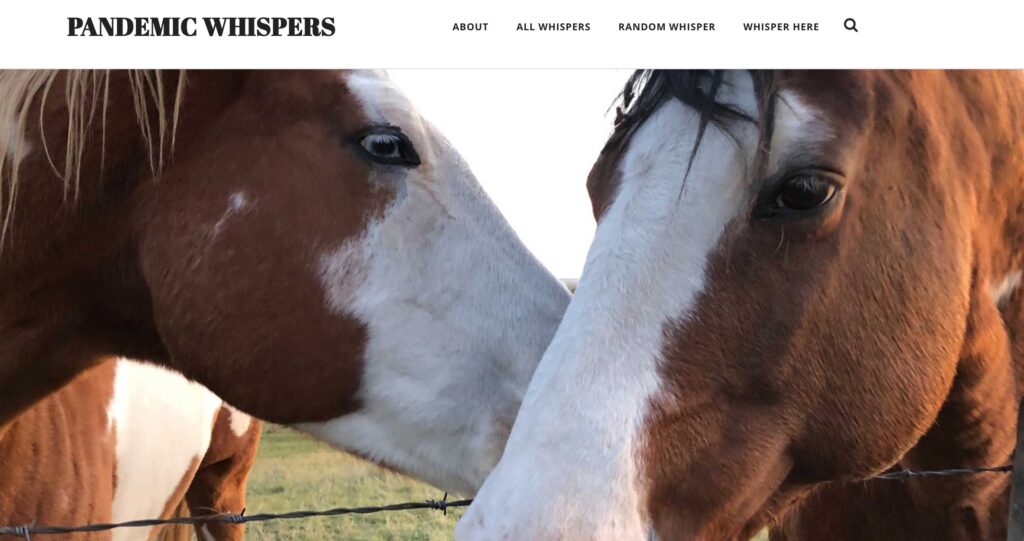

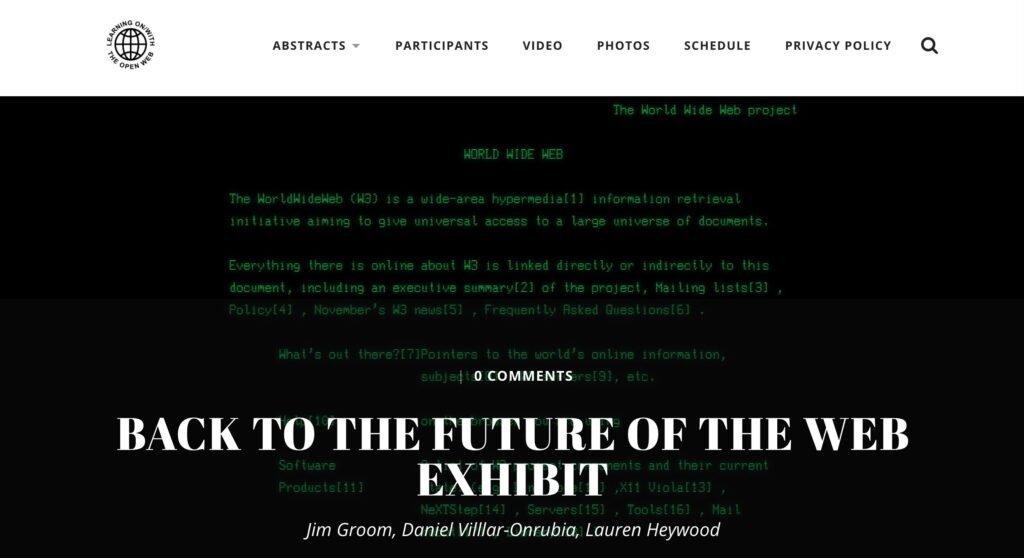
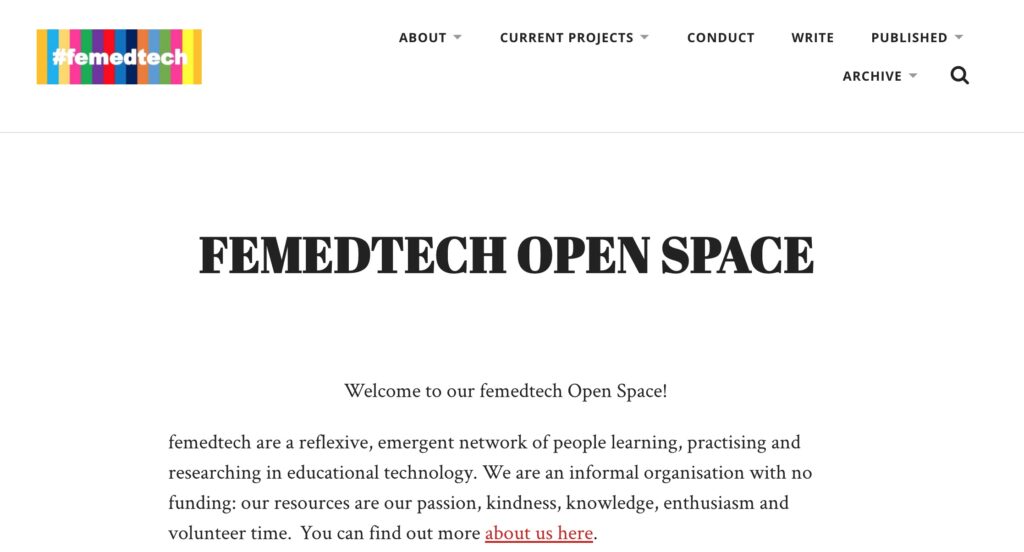
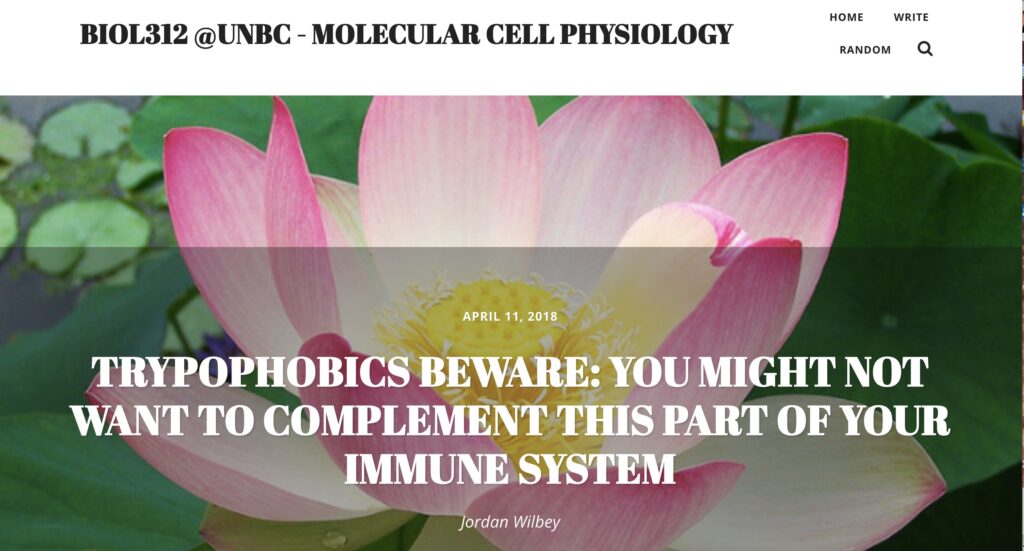
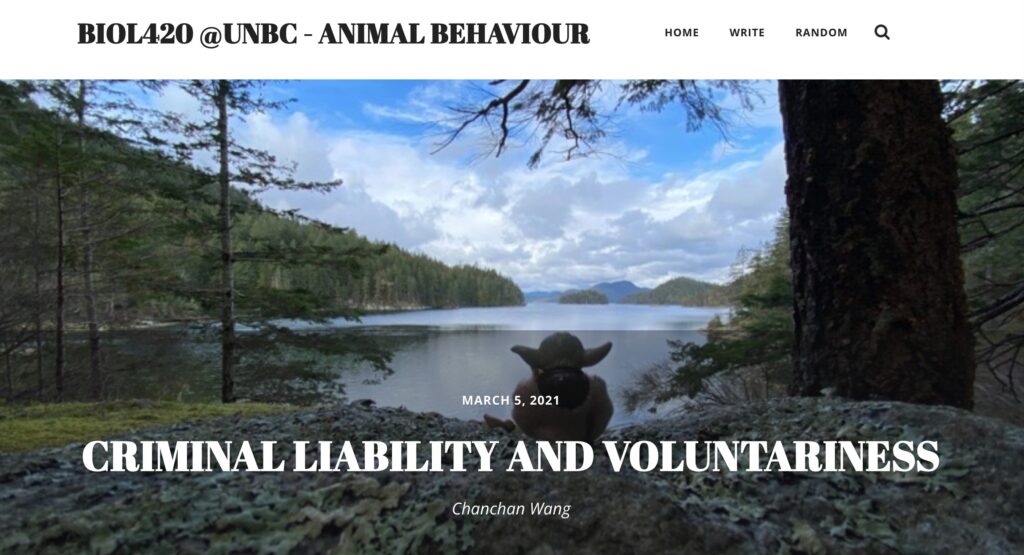
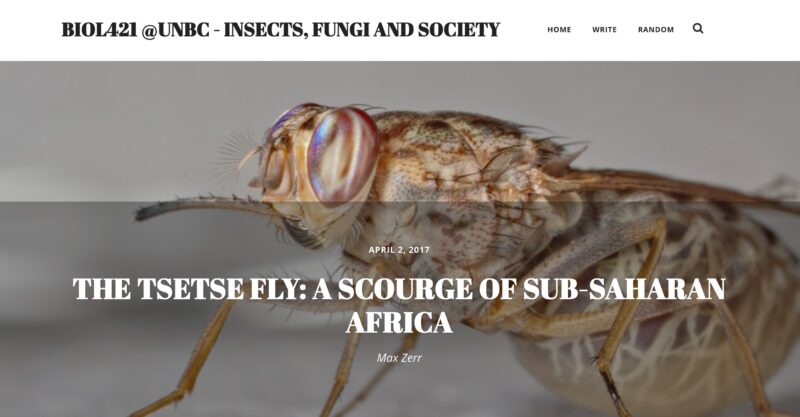

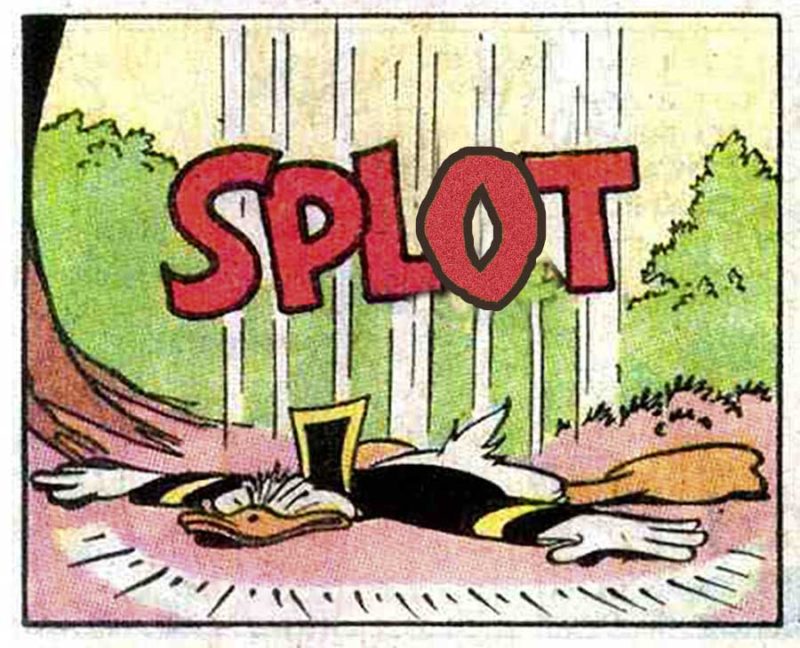
1 Pingback